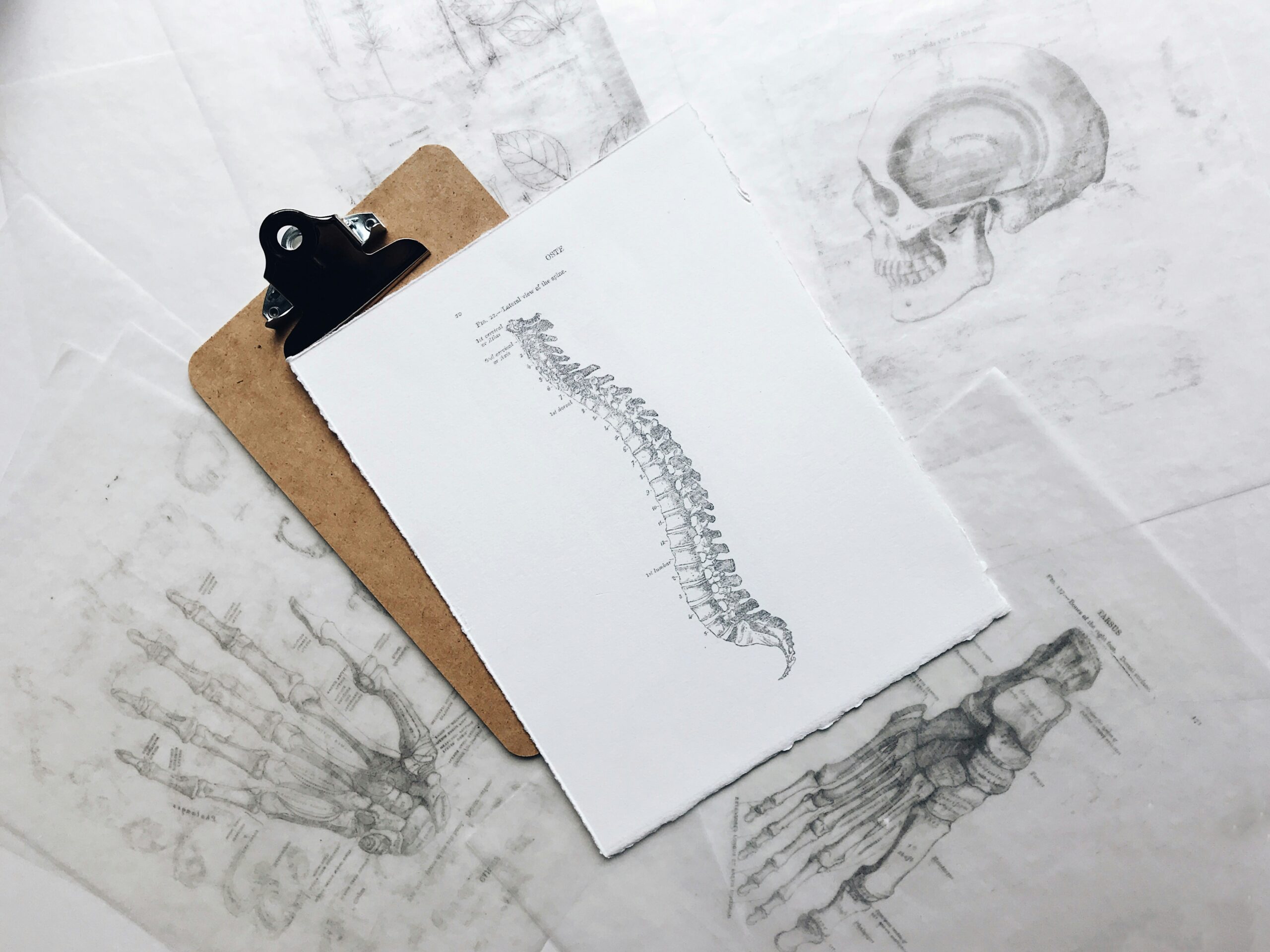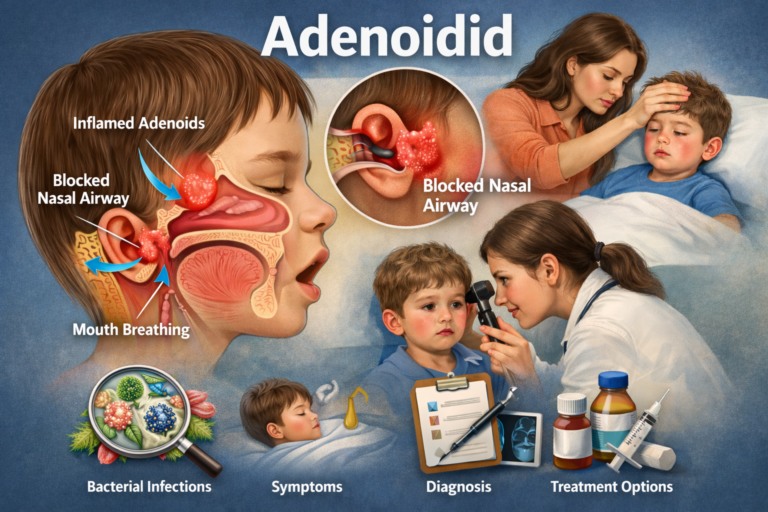Common Illnesses Linked to Failure-to-Diagnose Lawsuits
Did you know that diagnostic errors are a significant ongoing issue in U.S. healthcare? The leading specific malpractice allegations were failure to diagnose, delay in diagnosis, wrong or misdiagnosis, and failure to order appropriate tests.
You trust the doctor to find out what’s wrong and treat you properly when you go to the doctor. But sometimes very important health issues are missed or thought to be something else. Such errors can delay care and make the illness worse, leading to failure-to-diagnose lawsuits.
Failure to diagnose lawyer Jacqueline A. Scott says that when mistakes happen and doctors incorrectly diagnose or fail to diagnose diseases, patients’ lives are often on the line. A lawyer can assist you in exploring your legal options if you suspect a misdiagnosis.
You need to always be alert and fight for your health. But which circumstances will you have to keep in mind, and how would you avoid possible pitfalls? Read on!
Cancer
Cancer remains one of the gravest conditions commonly associated with failure-to-diagnose cases. When you are already struggling with health problems, you trust your doctors to look for any signs of early cancer. Unfortunately, cases of misdiagnosis lead to the death of the patient or, with him, the loss of his livelihood.
Surgical negligence is another issue that arises in medical malpractice. This happens when mistakes are made during surgery. An operation on the wrong body part, leaving surgical tools inside a patient, or failing to monitor vital signs properly. These mistakes can cause damage that lasts a long time or even death.
In such cases, you must stand up for yourself. Get a second opinion if you feel that something doesn’t seem right, while treating your healthcare worker with respect.
These steps would make a whole lot of difference. You deserve to be listened to and taken seriously so that your condition can be diagnosed in time, followed by proper care.
Heart Disease
Misdiagnosis isn’t just cancer-focused. Heart disease is also another illness that is quite hard to spot. Doctors might not notice chest pain, tiredness, or even shortness of breath and just send you home with a weak diagnosis.
A heart disease can develop silently; you have to be able to stand for yourself. If you feel something isn’t right, go for that second opinion. You should have a care team that respects your concerns.
With the well-informed and persistent patient, heart disease will never become an undocumented one. Let’s work together to get more people to know about heart disease and help each other on our health paths.
Stroke
Talking is hard for you, you have a strong headache, or one side of your body feels weak. You should see a doctor right away. All of these could be signs of a stroke. Strokes occur unconfirmed; a tick of the clock matters in minimizing further damage.
At such times, there may be fear or panic, but acting fast can save a life and change the course of treatment significantly. Hospital staff is instinctively trained to identify signs, provide some pre-hospital care, and get the patient to a stroke-ready center for definitive care.
Missed or delayed diagnoses can make the disease worse, which can cause disabilities or even death. Talk up if you’re not sure; your health is important and you deserve care. It is your right to stand up for yourself.
Infections
There are illnesses that begin with a simple fever or cough that won’t go away. Infections start with mild signs that could get worse immediately if misdiagnosed or ignored. Untreated colds could turn into nosocomial pneumonia or sepsis.
If you feel that something doesn’t feel right, trust your gut. Get another opinion to make clear about your illness. Your health matters most during this time.
A missed diagnosis can lead to tremendous consequences, so stay educated and involved. You are not alone; there are many who have undergone the same thing and understand the importance of early recognition.
Autoimmune Disorders
Despite their difficulty in diagnosis, autoimmune disorders often go unnoticed. You might find yourself worn out, feeling joint pains, or having some random symptoms, while a doctor might dismiss these as stress or simple signs of aging.
And when such things go undetected, those symptoms could well cause serious health issues and even the filing of lawsuits against the healthcare providers. You should be heard and understood, especially when it involves your health. Diseases such as lupus, rheumatoid arthritis, or multiple sclerosis need to be diagnosed and treated early.
You shouldn’t be embarrassed to tell someone you think you may have an autoimmune problem. Talking up for yourself will help you get through this. You can get support and help from people who know what you’re going through.






